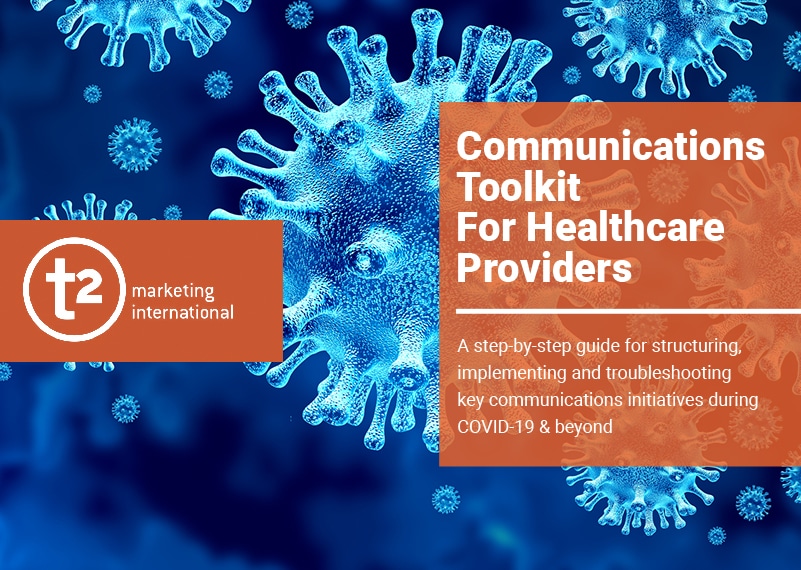Optimizing Tags for Maximum SEO Results
Where can you be optimizing your title and description to get the most out of your SEO efforts?
SEO has long been one of the primary tools when it comes to getting found. The landscape of SEO, however, has changed drastically over the last decade (and even more so in the last few years with the advent of social media). Keywords are no longer the most relevant aspect of your SEO efforts, but that does not mean that you should be ignoring them entirely. In an earlier blog post about social signals and their impact on SEO, we noted that shares and links are the most crucial aspect of your SEO efforts. But if you are using your keywords properly, then your SEO will be all the more successful. Below are a few pointers to help you maximize your SEO when it comes to your meta descriptions.
1. Use the Space You’re Given
There are character limits to SEO. Your Page Title can have 70 characters, Meta Descriptions are limited to 160 characters and there can be no more than 10 Meta Keyword phrases. If you think a short, keyword-heavy description is all you need, think again. Use as many of the allotted characters as possible. These titles and descriptions are the first thing visitors will see when searching for your site, and you don’t want it to be irrelevant to their search. While you might have great content on your page, it may not be clear from the lackluster title and description you have provided. So be sure to get the most out of the characters you have so potential visitors aren’t left looking for something else.
2. Organic Results are Derived from Organic Descriptions
Keywords are important for SEO. That is no secret. But what some people seem to forget when writing their titles and descriptions is that Google’s algorithm takes into account the quality of your writing. Content farms that are full of keywords with no real substance are relegated to the bottom of search results. This includes descriptions with no real substance, as well. If your title and description are simply full of your keywords in the hopes that Google will register your page under that category, you might be disappointed. The Google algorithm is designed to produce quality results, not simply keyword-heavy pages. So when drafting your titles and descriptions, be sure that your keywords are included organically. This will produce the best results when it comes to your SEO.
3. Include a Call to Action in Your Description
Posts with calls to action statistically have exceptionally higher results than posts that do not have any. This holds true in a number of fields, and that includes page titles and meta descriptions. Search rankings are increased with organic traffic in addition to quality. And considering the great results observed with calls to action, it is extremely beneficial to have one in your meta description to increase your organic traffic.
These are just a few tips that can help you get the most out of your titles and meta descriptions. By employing these methods, you can expect to see a big jump in your search rankings and, subsequently, your traffic.
Can you think of any other tactics that would help your search results? Tell us in the comments below or on Twitter!




